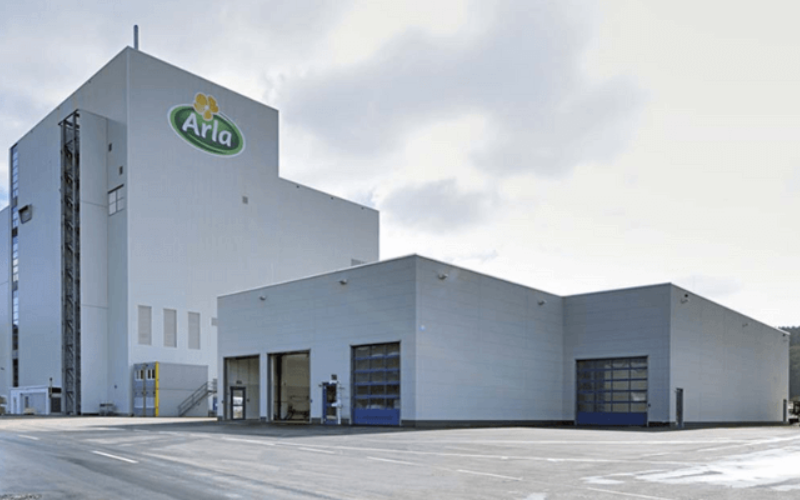Arla Foods Celebrates a Decade in Nigeria with Focus on Local Dairy Production
Sourse: businessday.ng
Arla Foods Nigeria marks its 10th anniversary by emphasizing local milk production and reducing dependence on imports.

Arla Foods Nigeria, known for Dano Milk, is celebrating a decade of success in Nigeria while focusing on enhancing local dairy production to diminish import reliance. Since 2015, Arla has invested in advanced consumer products and built a state-of-the-art dairy farm in West Africa. From its factory in Lagos in collaboration with Tolaram Group to its 300-hectare Arla-Dano farm in Kaduna, Arla has aimed to balance business growth with support for smallholder farmers, in line with government aims for food self-sufficiency. Peder Pedersen, Managing Director of Arla Foods Nigeria, highlighted the progress during the 10-year anniversary event in Lagos.
He remarked, “Marking 10 years in Nigeria is both humbling and inspiring for us as we reflect on our journey and achievements, despite many challenges.” The company has trained about 1,000 farmers on animal welfare and management to boost yields, addressing the inadequacies of traditional pastoralism. Nigeria’s annual dairy import bill reaches approximately $1.5 billion, with local production meeting less than 40% of the demand.
Arla aims to decrease this gap with its Kaduna-based Damau farm, equipped to support 1,000 cows for training and technology transfer. Future plans include a yogurt factory set to open in Kaduna by 2025 and Arla’s first “open farm day” in 2024. Looking ahead, Pedersen emphasized strengthening local impacts and supporting dairy farmers to meet the rising demand for dairy with the growing population. As Arla navigates a competitive market, it remains committed to being a long-term partner in transforming Nigeria’s agricultural landscape.
He remarked, “Marking 10 years in Nigeria is both humbling and inspiring for us as we reflect on our journey and achievements, despite many challenges.” The company has trained about 1,000 farmers on animal welfare and management to boost yields, addressing the inadequacies of traditional pastoralism. Nigeria’s annual dairy import bill reaches approximately $1.5 billion, with local production meeting less than 40% of the demand.
Arla aims to decrease this gap with its Kaduna-based Damau farm, equipped to support 1,000 cows for training and technology transfer. Future plans include a yogurt factory set to open in Kaduna by 2025 and Arla’s first “open farm day” in 2024. Looking ahead, Pedersen emphasized strengthening local impacts and supporting dairy farmers to meet the rising demand for dairy with the growing population. As Arla navigates a competitive market, it remains committed to being a long-term partner in transforming Nigeria’s agricultural landscape.
Key News of the Week










